Horror movies have an unparalleled ability to grip our imaginations and evoke intense emotions, making us question the limits of our fear thresholds. Over the years, the genre has produced a plethora of cinematic gems that continue to haunt our nightmares. In this article, we delve into the realm of horror and present the “Top 10 Horror Movies of All Time,” each a masterpiece in its own right, contributing to the evolution of the genre. From classic supernatural tales to psychological thrillers, these films have left an indelible mark on cinema history.
Psycho (1960) – Directed by Alfred Hitchcock
Alfred Hitchcock’s “Psycho” is often hailed as the pioneer of the slasher subgenre. The film’s iconic shower scene has become a cultural touchstone, ingrained in the collective psyche. “Psycho” is a testament to Hitchcock’s mastery in manipulating suspense and fear, keeping the audience on edge with its intricate narrative and unforgettable visuals.
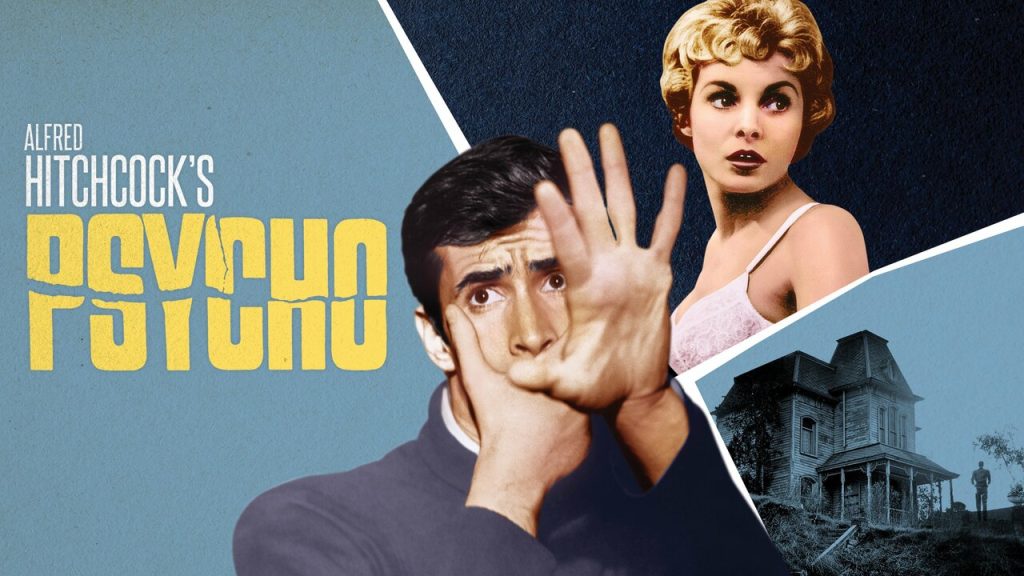
The Exorcist (1973) – Directed by William Friedkin
Regarded as one of the most terrifying films of all time, “The Exorcist” explores the battle between good and evil as a young girl becomes possessed by a malevolent force. The film’s realistic portrayal of the supernatural and its unflinching approach to horror set a new standard for the genre, leaving audiences both horrified and mesmerized.
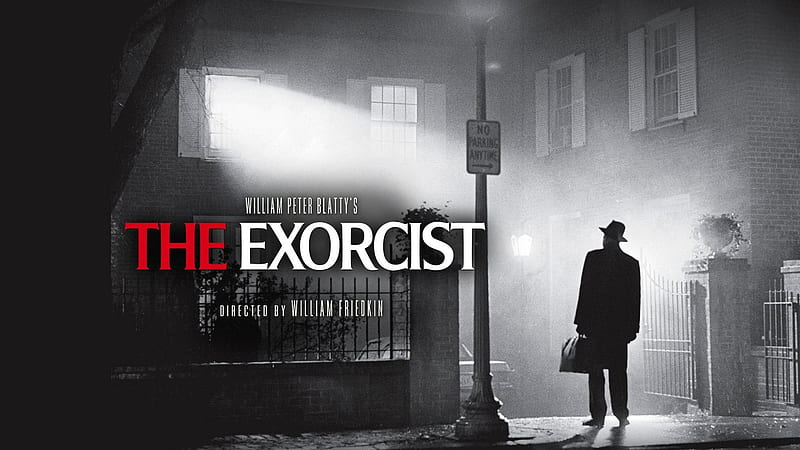
The Shining (1980) – Directed by Stanley Kubrick
Adapted from Stephen King’s novel, “The Shining” is a psychological horror masterpiece that delves into the unraveling sanity of a writer who becomes the winter caretaker of an isolated hotel. Stanley Kubrick’s meticulous direction and Jack Nicholson’s iconic performance combine to create an atmosphere of dread that lingers long after the credits roll.
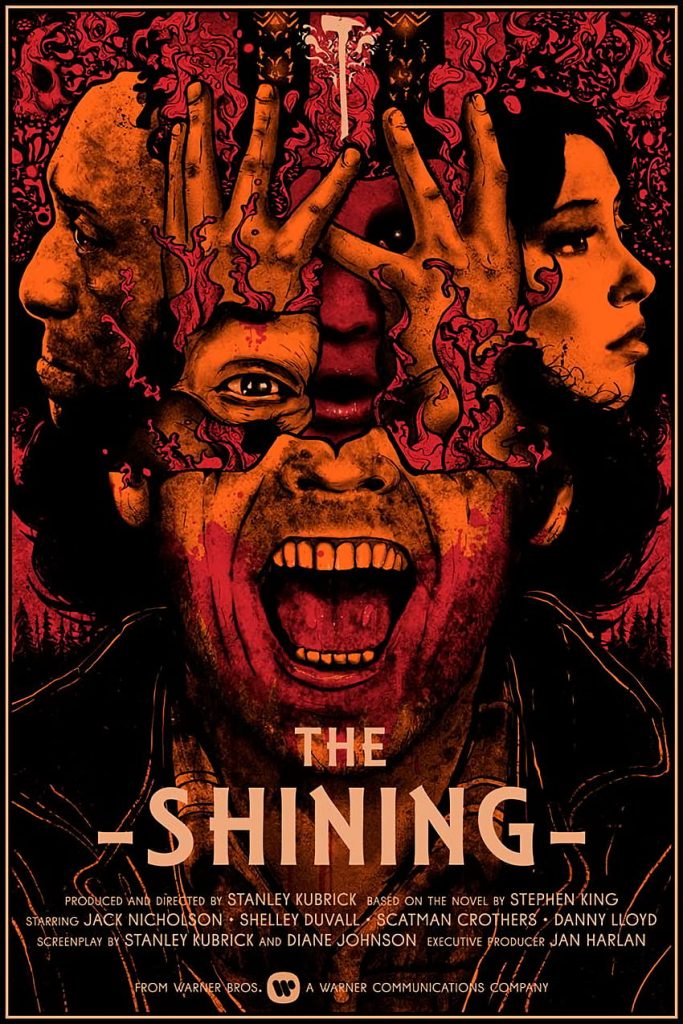
Halloween (1978) – Directed by John Carpenter
John Carpenter’s “Halloween” laid the foundation for modern slasher films. The chilling portrayal of Michael Myers, the relentless masked killer, established the concept of the boogeyman in horror lore. With its minimalist score and suspenseful pacing, “Halloween” remains an influential classic.
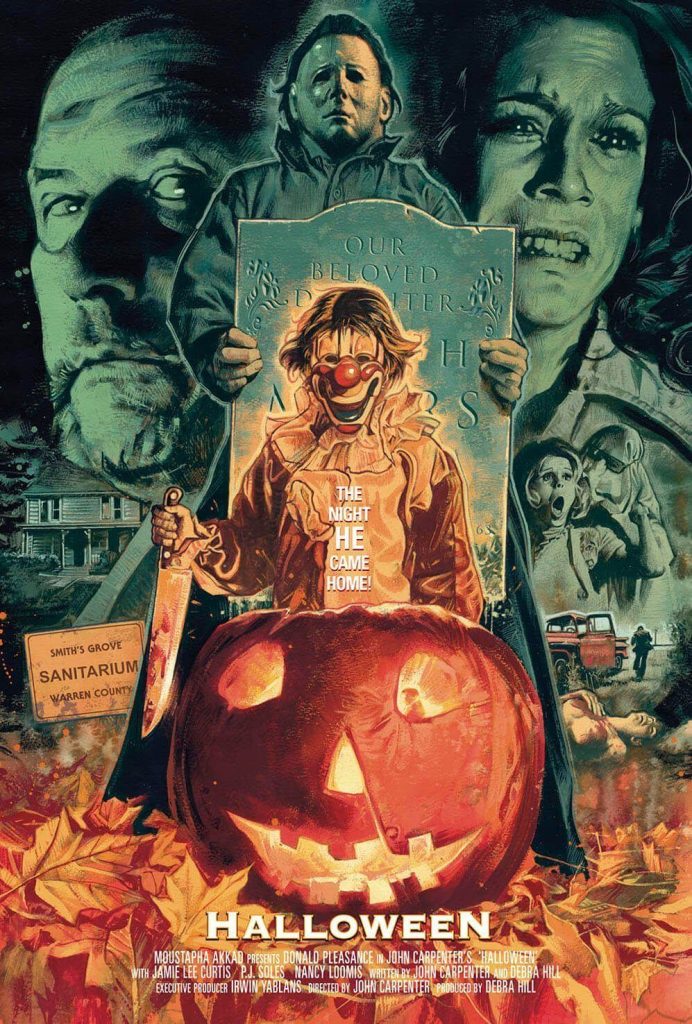
The Texas Chain Saw Massacre (1974) – Directed by Tobe Hooper
Tobe Hooper’s “The Texas Chain Saw Massacre” introduced a level of gritty realism to horror. Inspired by true events, the film follows a group of friends who fall victim to a family of cannibals. Its raw, documentary-like style and shocking scenes pushed boundaries, redefining the horror experience.
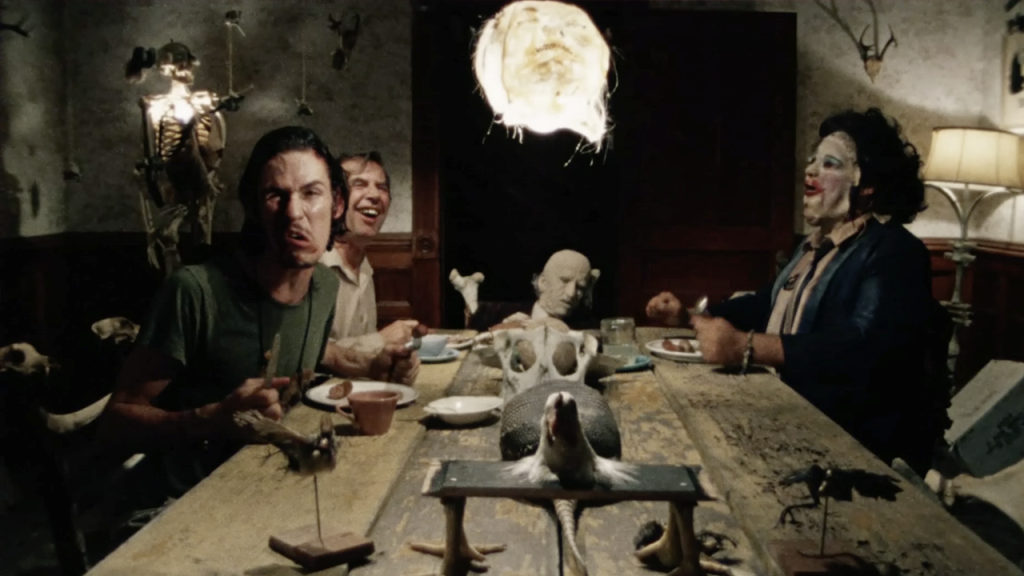
Alien (1979) – Directed by Ridley Scott
“Alien” seamlessly blends horror with science fiction as a spaceship crew is hunted by a relentless extraterrestrial creature. Ridley Scott’s masterful direction, H.R. Giger’s nightmarish creature design, and Sigourney Weaver’s iconic performance as Ellen Ripley elevate the film into a genre-defining classic.
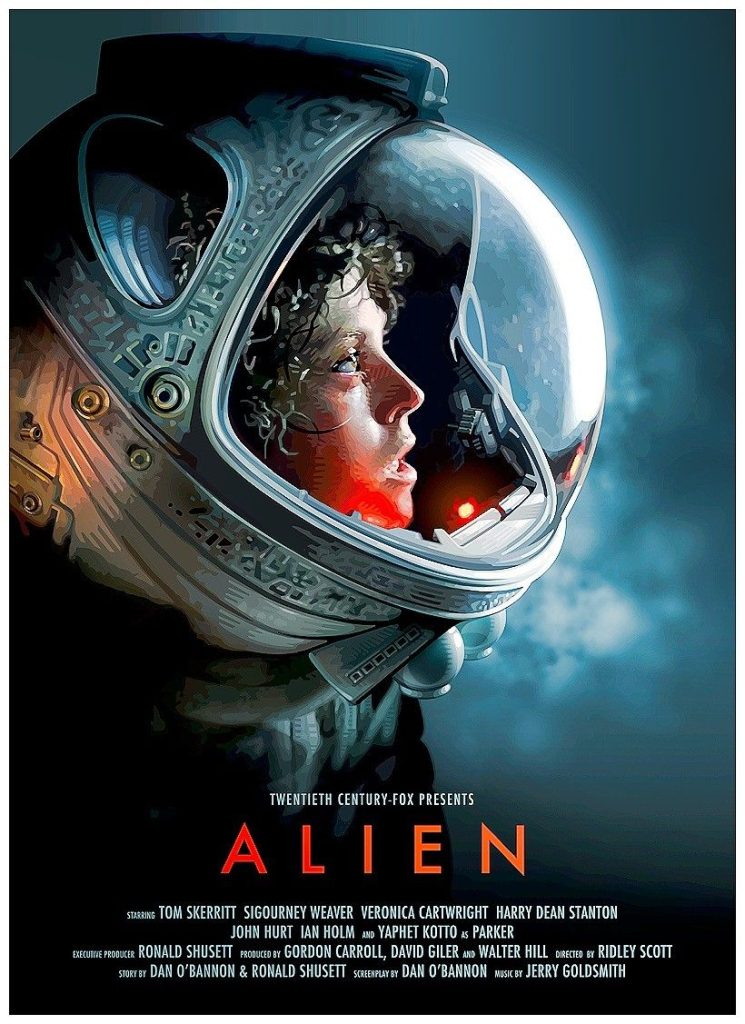
Night of the Living Dead (1968) – Directed by George A. Romero
George A. Romero’s “Night of the Living Dead” introduced the world to zombies as we know them today. This low-budget indie film not only redefined the horror landscape but also served as social commentary, reflecting the turbulent times of the 1960s. Its influence on zombie culture is immeasurable.
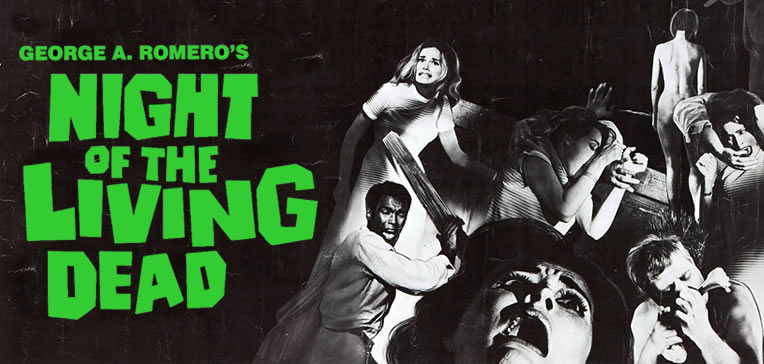
Rosemary’s Baby (1968) – Directed by Roman Polanski
“Rosemary’s Baby” explores the horror of paranoia and the unknown as a pregnant woman suspects that an occult group wants her child for sinister purposes. Roman Polanski’s direction and Mia Farrow’s haunting performance create an atmosphere of dread that is as psychological as it is supernatural.
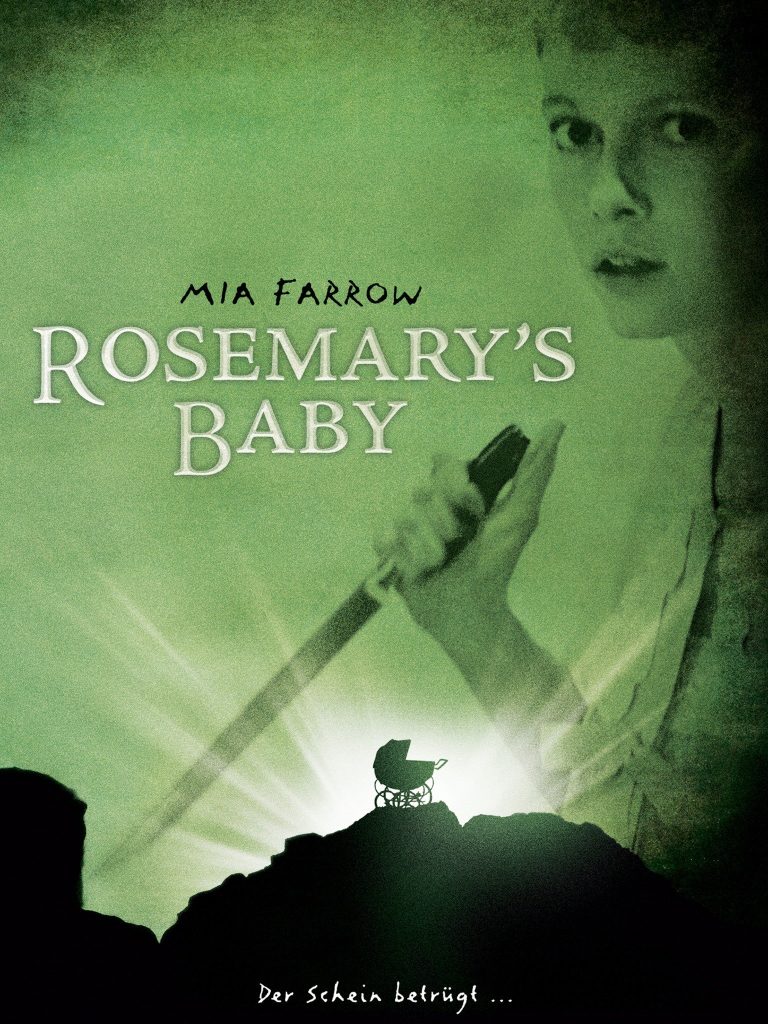
Get Out (2017) – Directed by Jordan Peele
“Get Out” revitalized the horror genre by blending social commentary with chilling horror elements. Jordan Peele’s directorial debut tackles racism through the story of a Black man who uncovers disturbing secrets during a visit to his white girlfriend’s family estate. The film’s thought-provoking narrative and eerie atmosphere earned it critical acclaim.
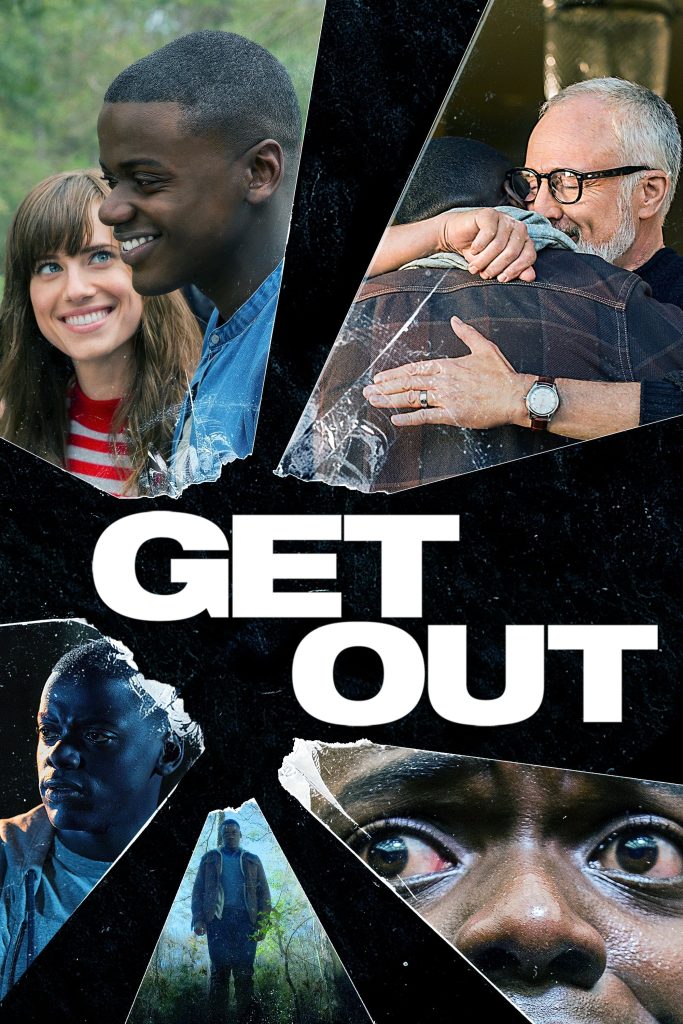
It (2017) – Directed by Andy Muschietti
Adapted from Stephen King’s novel, “It” captures the terror of childhood fears personified by the shape-shifting entity Pennywise the Dancing Clown. The film skillfully alternates between horror and heart, focusing on the bond between a group of friends as they confront their deepest nightmares.
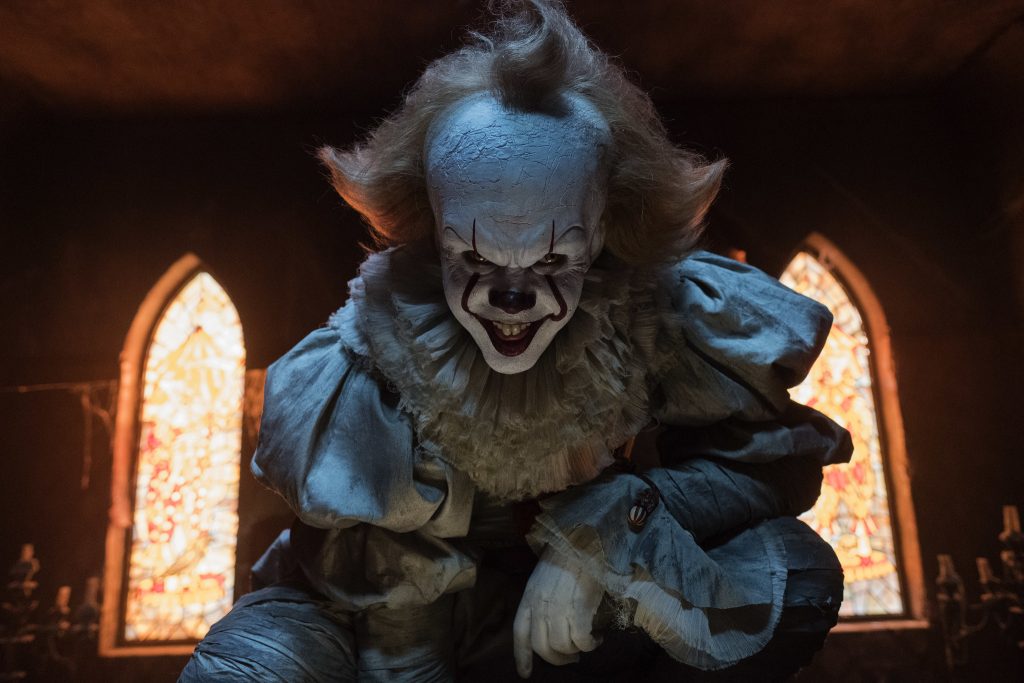
Conclusion
These top 10 horror movies of all time have shaped the genre, leaving an enduring impact on audiences and filmmakers alike. From the classic suspense of Hitchcock’s “Psycho” to the psychological terror of “The Shining,” each film represents a unique facet of fear. As horror continues to evolve, these cinematic masterpieces will forever remain the cornerstone of what it means to be truly terrified at the movies.


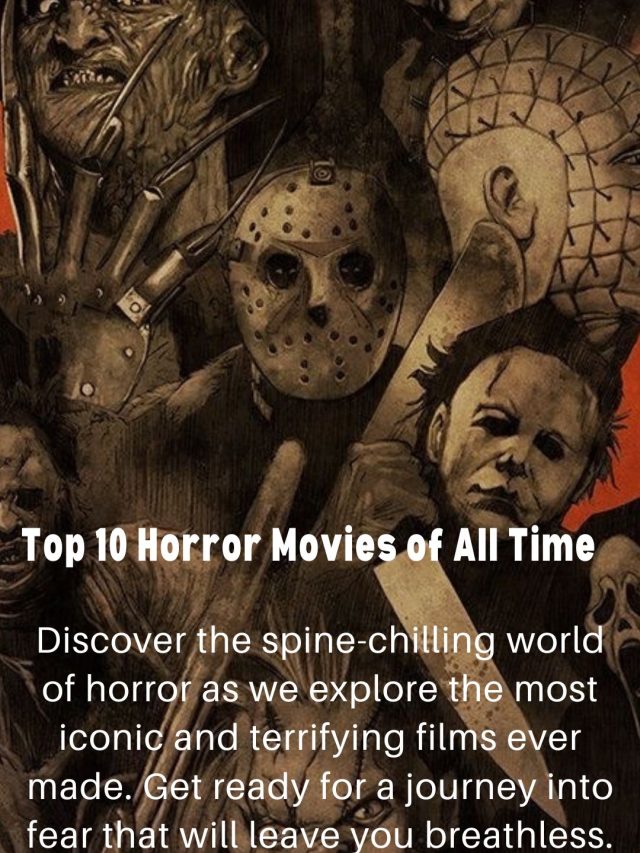
1 Comment
Pingback: Top 10 Web Series of All Time - MoviesDusk